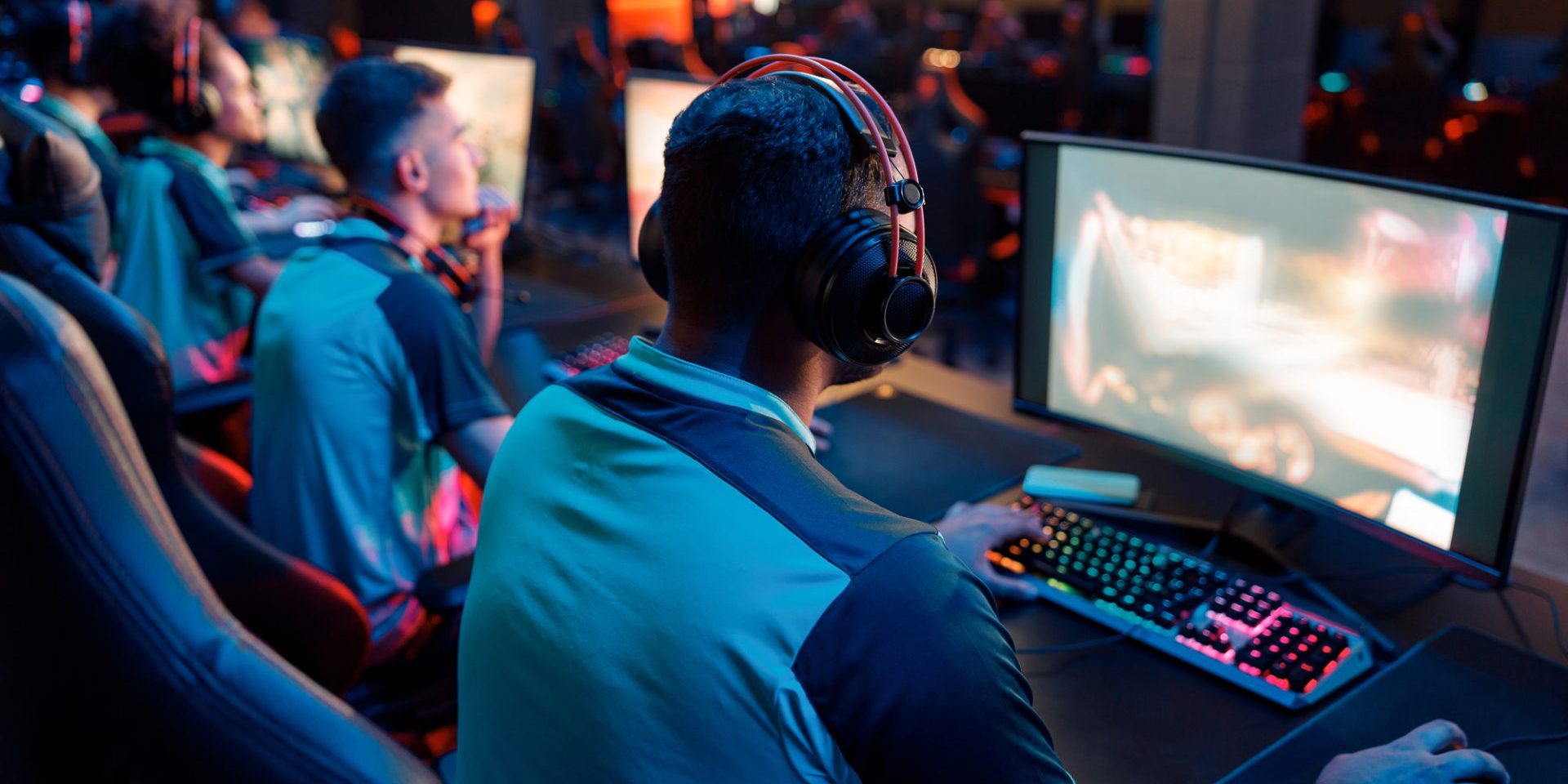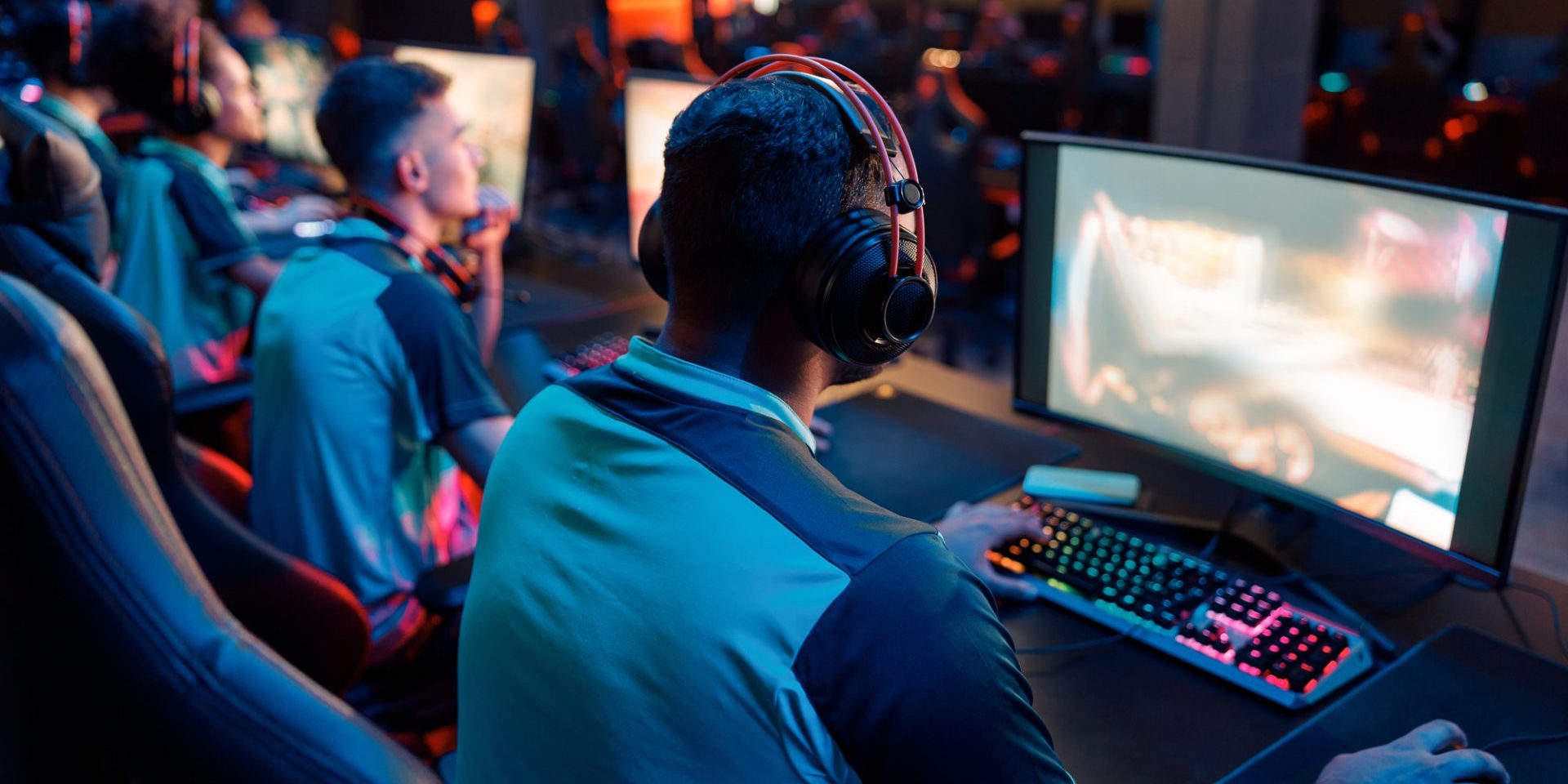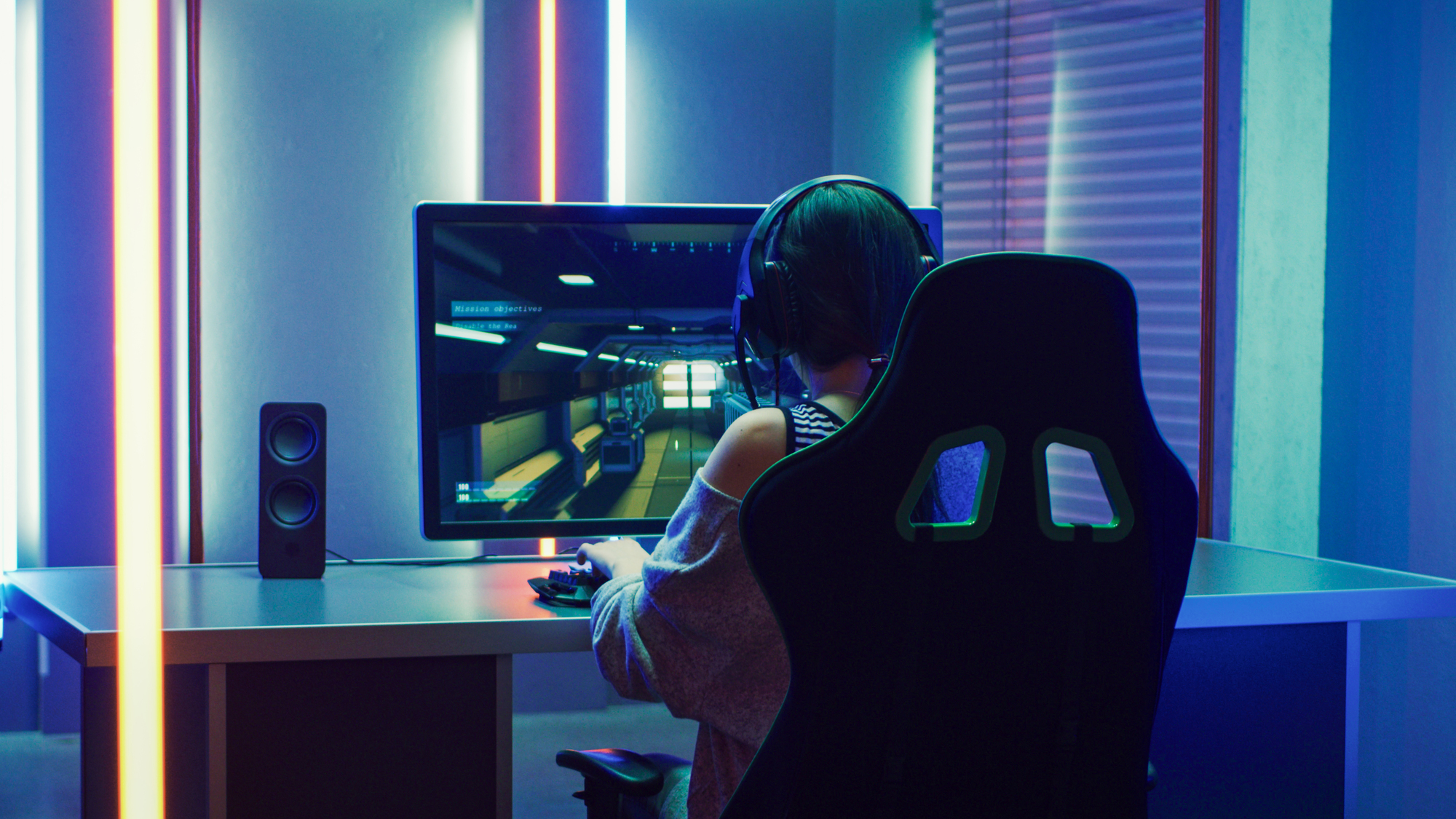

Video games have emerged as a powerful force in the entertainment industry, captivating millions of players worldwide. Beyond their role as a source of leisure, these interactive experiences are shaping creativity and innovation in unexpected ways. Research suggests that certain types of video games can enhance creative thinking and problem-solving skills.
Studies have shown that video games that promote flow states, allow player co-creation, and boost intrinsic motivation have the greatest potential to foster creativity. These games often challenge players to think outside the box, experiment with different strategies, and adapt to rapidly changing scenarios. Action, adventure, and sandbox-style games, in particular, seem to offer rich environments for creative exploration and innovative thinking.
The impact of gaming on creativity extends beyond the virtual world. Players often transfer skills and mindsets developed through gaming to real-world situations, applying creative problem-solving approaches to work, education, and daily life. This transfer of creativity has sparked interest in using game-based learning and gamification techniques in various fields to boost innovation and out-of-the-box thinking.
The Connection Between Video Games and Creativity
Video games foster creativity and innovative thinking through interactive experiences. Research indicates certain game genres can enhance problem-solving skills and imagination.
Cognitive Benefits of Gaming
Video games exercise the brain in ways that boost creative thinking. Action games improve spatial reasoning and mental rotation abilities. Strategy games enhance planning and resource management skills. Role-playing games encourage flexible thinking as players adapt to new scenarios.
Puzzle games in particular stimulate divergent thinking – the ability to generate multiple solutions to open-ended problems. This cognitive flexibility transfers to real-world creative tasks.
Gaming also builds persistence. Overcoming in-game challenges trains players to approach problems from different angles rather than giving up easily.
Enhancing Creativity Through Play
The interactive nature of video games provides a sandbox for creative expression. Open-world games allow players to experiment with different approaches and outcomes. Building games like Minecraft give players tools to construct imaginative structures and environments.
Storytelling games inspire players to fill in narrative gaps, exercising their imagination. Character customization features in many games let players visually express their creativity.
Multiplayer games foster collaborative creativity as players strategize together. User-generated content in games like LittleBigPlanet showcases player imagination.
Video Games in Educational Settings
Schools increasingly use video games as learning tools to spark student creativity. Sandbox-style games teach students to experiment and innovate within given parameters. History-based games inspire creative historical thinking.
Game creation platforms allow students to design their own games, exercising technical and artistic skills. Storytelling games help students practice creative writing in an engaging format.
Gamification of lessons motivates students to approach subjects with fresh perspectives. Well-designed educational games balance fun gameplay with opportunities for creative problem-solving.
Gaming’s Role in Fostering Innovation
Video games have become a powerful force for driving technological progress and sparking creative solutions across industries. Their influence extends far beyond entertainment, shaping advancements in computing, artificial intelligence, and product design.
Impact of Gaming on Technology and Computing
The gaming industry has been a key driver of technological innovation. Graphics processing units (GPUs), originally developed for rendering game visuals, now power AI and machine learning applications. Virtual reality (VR) and augmented reality (AR) technologies, refined through gaming, find applications in fields like medicine and education.
Gaming has pushed the boundaries of computing power. The demand for faster, more capable hardware has led to significant improvements in processors, memory, and storage technologies. Cloud gaming services have spurred advancements in network infrastructure and data centers.
AI has seen rapid progress thanks to gaming. Game developers use AI to create more realistic non-player characters and adaptive gameplay. These techniques translate to other domains, enhancing robotics and autonomous systems.
Contribution of Video Games to Product Innovation
Video games have influenced product design across various sectors. The gamification of non-gaming applications has improved user engagement and learning outcomes in education, fitness, and corporate training.
User interface design in games has inspired more intuitive and visually appealing interfaces for software and consumer electronics. The emphasis on user experience in games has raised expectations for interactivity and responsiveness in other digital products.
Game development tools and engines, such as Unity and Unreal Engine, are now used to create simulations for architecture, urban planning, and industrial design. This cross-pollination of technologies enables rapid prototyping and visualization in product development.
The gaming industry’s approach to iterative design and continuous improvement through updates and patches has influenced software development practices in other fields. This model of ongoing refinement and user feedback has become standard in many digital products and services.
Cultural and Social Implications of Gaming
Gaming has transformed storytelling and reshaped social interactions in modern society. These changes have far-reaching effects on culture and communication.
Video Games Influencing Storytelling and Narrative
Video games have revolutionized storytelling techniques. Interactive narratives allow players to shape outcomes, creating personalized experiences. This has influenced other media, with movies and books adopting non-linear storytelling styles.
Game narratives often tackle complex themes, pushing boundaries in ways traditional media cannot. They explore morality, identity, and social issues through player choices and consequences.
The video game industry has become a major platform for creative expression. Writers, artists, and musicians collaborate to craft immersive worlds and compelling characters. This has expanded career opportunities in storytelling and narrative design.
Impact of Gaming on Society and Social Interaction
Online multiplayer games have created new forms of social connection. Players build communities, form friendships, and collaborate across geographical boundaries. This has changed how people interact and maintain relationships in the digital age.
Esports have emerged as a significant cultural phenomenon. Professional gamers compete in tournaments watched by millions, rivaling traditional sports in popularity and prize money. This has created new career paths and entertainment options.
Gaming skills are increasingly valued in professional settings. Problem-solving, teamwork, and strategic thinking developed through games translate to real-world applications. Some companies now use game-based assessments in hiring processes.
Concerns about gaming addiction and social isolation persist. However, research shows that moderate gaming can enhance cognitive skills and social bonds when balanced with other activities.
Challenges and Opportunities in the Gaming Industry
The gaming industry faces complex issues while offering significant potential for growth and innovation. New technologies and changing consumer preferences shape both obstacles and possibilities for game developers and related businesses.
Game Mechanics and Their Influence on Non-Game Contexts
Game mechanics have found applications beyond entertainment, impacting various fields. Gamification applies game elements to non-gaming situations, boosting engagement and motivation. Companies use points, badges, and leaderboards to increase productivity and customer loyalty.
Educational institutions incorporate game-based learning to improve student engagement. Health apps employ gamification to encourage exercise and healthy habits. These approaches tap into the human desire for achievement and competition.
The challenge lies in designing effective gamification systems that maintain long-term interest. Poorly implemented mechanics can feel forced or manipulative, potentially backfiring. Successful gamification requires a deep understanding of human psychology and careful integration with existing processes.
Ethical Considerations in Game Design and Monetization
Game developers face ethical dilemmas in design and monetization strategies. Addictive gameplay mechanics can lead to excessive gaming, raising concerns about player well-being. The industry must balance engaging design with responsible practices to protect vulnerable users.
Monetization models like loot boxes have drawn scrutiny for their similarity to gambling. Regulators in some countries have restricted or banned these practices. Developers need to find alternative revenue streams that are both profitable and ethically sound.
Data privacy presents another challenge. Games collect vast amounts of user data, which can be valuable for improving gameplay but also raises concerns about user privacy and data security. Striking the right balance between personalization and privacy protection remains an ongoing issue for the industry.










